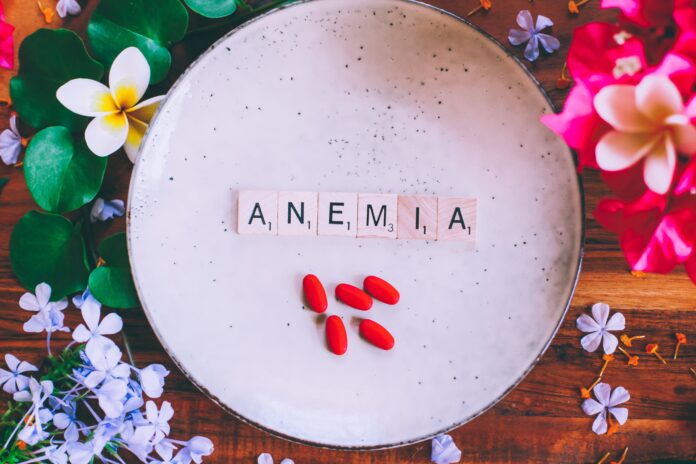According to the CDC, around worldwide suffer from anemia related to iron deficiency.
While it’s most prevalent in developing countries, nobody’s immune to iron deficiency. So, how do you tell if you’re getting ample amounts of this important micronutrient?
Keep reading to find out what happens if you don’t get enough iron.
How Much Iron Do You Need?
Are you getting enough iron? You need different amounts of iron according to your stage of life.
These are the recommended daily allowance of iron:
- Postmenopausal women – 8 mg per day
- Premenopausal women – 18 mg per day
- Men – 16 to 18 mg per day
We can’t understate the importance of iron for pregnant women. Iron is essential for maintaining the blood supply to babies in the womb, and a deficiency can cause low birth weight and even death.
What Happens If You Don’t Get Enough Iron Every Day?
Iron is vital for producing hemoglobin, which is a key component of red blood cells. In turn, red blood cells transport oxygen throughout our bodies.
An iron deficiency can cause severe repercussions. There are three types of common iron shortages.
Iron depletion means your body has only a little stored iron but normal hemoglobin levels. When your stored iron levels become very low, you develop iron deficiency.
Iron deficiency anemia results when your hemoglobin levels dip too low.
Extreme fatigue is the most common sign of low iron levels, and you can also experience weakness, dizziness, and headaches.
You should see a doctor if you develop any of the following signs of iron deficiency anemia:
- Chest pain and a fast heartbeat
- Pale, dry, or damaged skin
- Dry, damaged hair
- Spoon-shaped or brittle fingernails
- Shortness of breath
- Decreased appetite or cravings for strange things like ice
- Cold hand or feet
- A sore tongue
- Undue inflammation
- Restless legs
Unusual feelings of anxiety are another common symptom of an iron shortage. While not eating enough iron is the obvious cause of a deficiency, some people lack the ability to absorb iron.
Certain aspects can also increase your body’s need for iron. These include intense exercise, pregnancy, menstruation, or heavy bleeding.
How to Get More Iron
You can increase your iron intake by eating iron-rich foods. These include:
- Red meat and seafood
- Beans
- Leafy vegetables like spinach
- Iron-fortified cereals
- Dried fruit
While improving your diet will prevent you from developing an iron deficiency, you’ll need to eat vast quantities of these foods to make up for long-standing iron deprivation.
If you need a quick fix or want to maintain your iron levels hassle-free, you can buy iron supplements from Vitabiotics, Thorne, or Nature Made. The best iron supplements are gentle on your stomach and offer a liquid option for those who can’t tolerate capsules or tablets.
Embrace Overall Good Health
Now that you know what happens if you don’t get enough iron, you can take steps to avoid these maladies with healthy eating or diet supplements.
Browse our blog for more tips on how to stay fit and healthy in modern times.



















